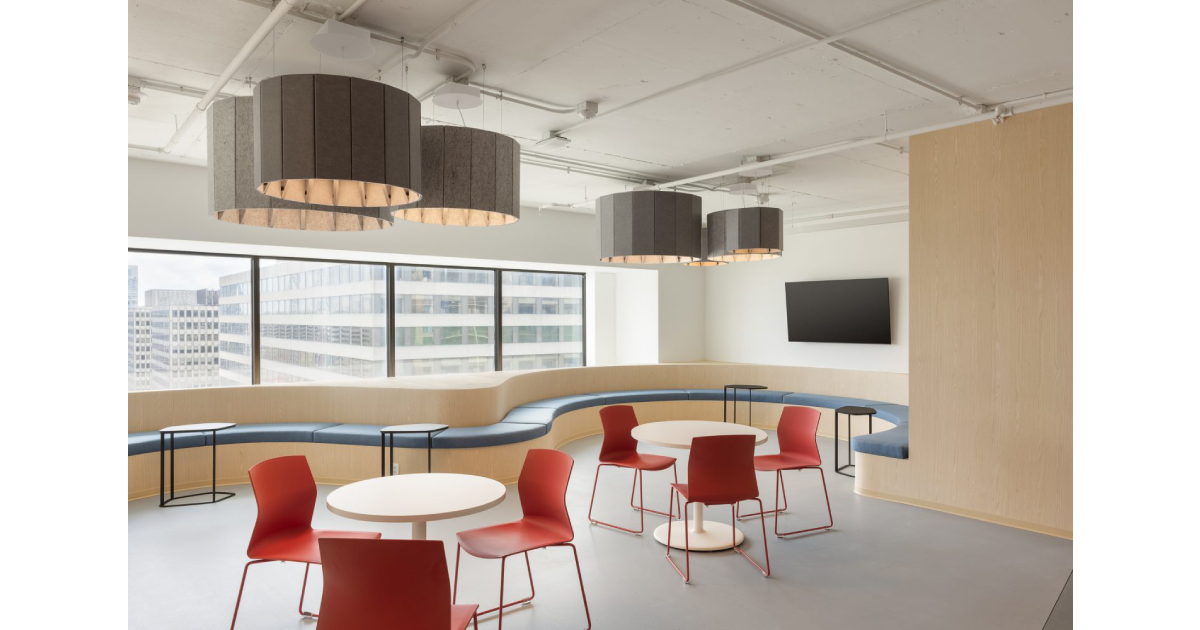Survey Shows Millennials are Sold on the Advantages of Smart Cities

October 12, 2017
Encouraged by the environmental advantages of smart cities and the public safety enhancements IoT technology could bring, consumers have an overwhelmingly positive image of increasing connectedness in the places in which they live.
That’s according to a recent joint survey of more than 500 U.S. consumers commissioned by Silver Spring Networks, Power Over Energy (a social media energy literacy initiative) and the U.S. Department of Energy Office of Electricity Delivery and Energy Reliability. Millennials are particularly enthusiastic about smart cities, with more than 80% of those surveyed saying that they thought smart city technology would have a positive impact.
The consumers interviewed were most familiar with smart lighting technology, pointing to the increased pervasiveness of the use case across U.S. cities, according to Dan Evans, senior director of product management at Silver Spring Networks, a San Jose, Calif.-based networking company that develops wireless connectivity solutions
for utilities and municipalities, including smart lighting and smart metering solutions. As aging lighting infrastructure comes up for replacement, municipalities are looking to gain both cost savings and efficiencies by implementing smart lighting technologies. Such technology leverages data from the asset to alert public works personnel to, for instance, a failed lightbulb to speed replacement or automated dimming for cost savings and automated brightening for safety.
Article by Courtney Bjorlin

















